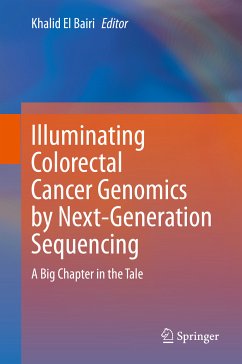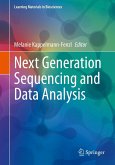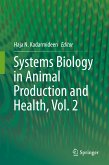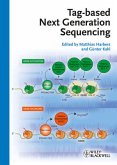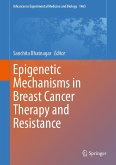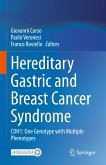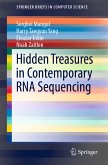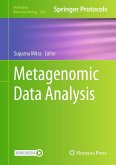This book reviews the potential of next-generation sequencing (NGS) in research on and management of colorectal cancer (CRC), a leading cause of death worldwide and one of the most biologically and clinically heterogeneous cancers. It critically discusses findings from recent large-scale studies, clinical trials and meta-analyses and offers an introduction to the management of CRC in the era of precision medicine. In CRC, dozens of driver and passenger mutations are associated with the malignant transformation of epithelial cells. Consequently, the book discusses recent advances in our understanding of the genetics of CRC as a biomarker, the advent of NGS technologies in modern genomics, and the impact of NGS technology on the management of CRC. Furthermore, it highlights the potential of NGS in the context of liquid biopsy and single-cell sequencing in CRC, as well as its role in shedding light on the link between gut microbiota, immune-checkpoint blockade and CRC. The book concludes with a chapter on the limitations and cost-effectiveness of NGS in CRC.
Given its scope, the book will appeal to all those interested in learning about the potential of NGS in advancing CRC research and patient care.
Dieser Download kann aus rechtlichen Gründen nur mit Rechnungsadresse in A, B, BG, CY, CZ, D, DK, EW, E, FIN, F, GR, HR, H, IRL, I, LT, L, LR, M, NL, PL, P, R, S, SLO, SK ausgeliefert werden.

